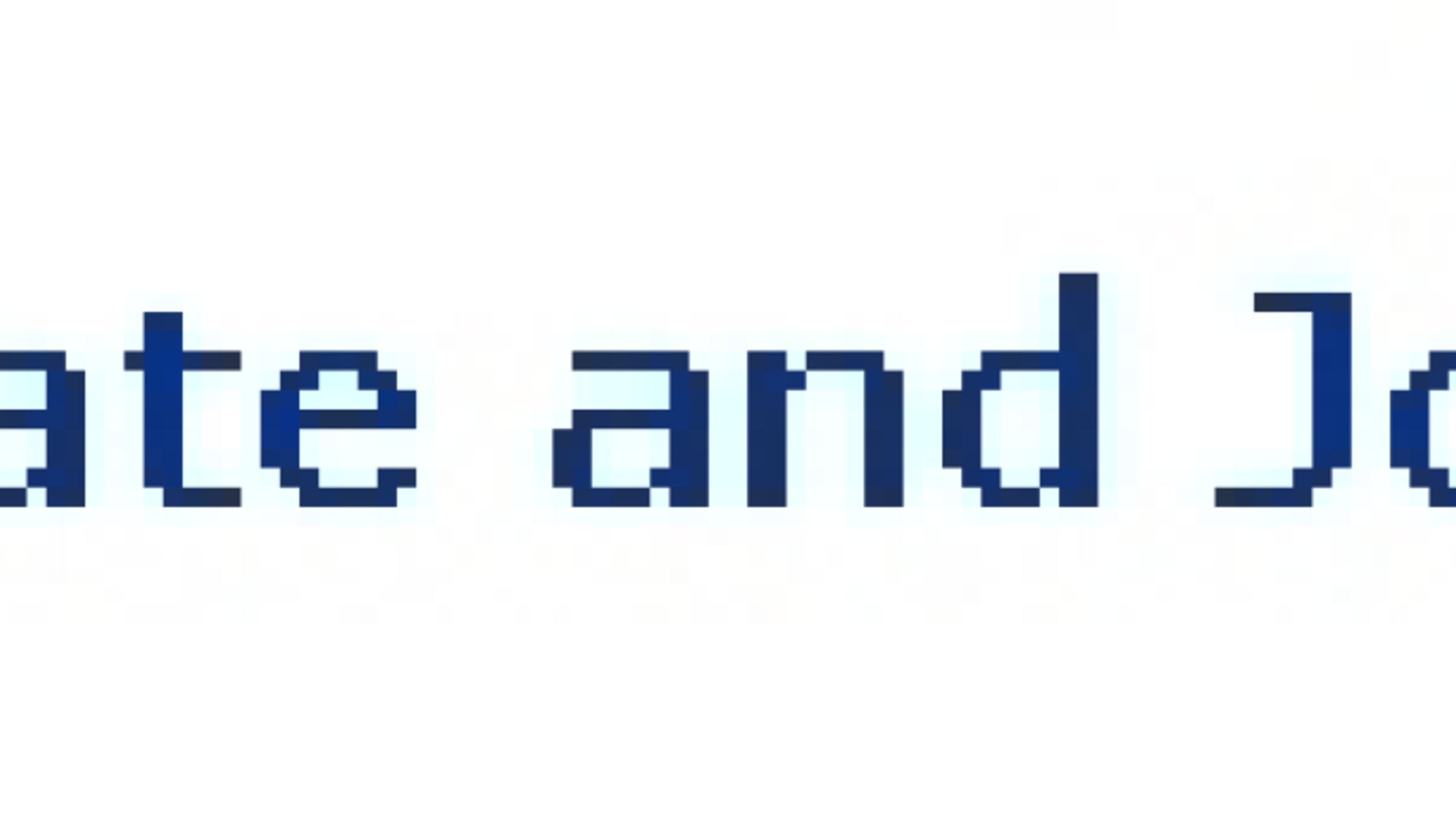Expanding the outreach of PLoS content in the developing world
One snowy weekend in January 2008, I was lucky enough to attend the Science Blogging Conference (co-organized by Bora Zivkovic our Online Discussion Expert) in NC where I networked with the great and the good of the scientific communication world. PLoS distributed free T-shirts at the event and, not surprisingly, I was warmly greeted wherever I went.
In one session, I listened to a young health care worker based in a remote location expressing her frustration about how difficult it was for her to access any content because of her unreliable internet connection and I thought about how, even for those with a computer (which is not a given for many), web content can be a hard to reach luxury. During the ensuing discussion, some well-informed folks (Bill Hooker From Open Reading Frame, Kevin Zelnio of The Other 95% and others) asked me if PLoS “could do more to get its content into the developing world”?
We discussed what PLoS already did to encourage authors from the developing world to publish with us – our fee waiver program helps authors in these countries (and the effect of this policy is nicely visible in the diversity of geographic coverage in titles such as PLoS Neglected Tropical Diseases) and the fact that our content is freely accessible online through open access is another strength. We brainstormed the possibility of setting up quick to download mirror sites in various locations and other ideas. As I flew home to balmy San Francisco, I resolved that we would keep seeking out opportunities to do this wherever we could and as luck would have it one arose a few weeks ago.
PLoS has been working with AED-SATELLIFE for a several years, providing them with content that they disseminate to health care workers using largely non web based techniques such as PDA’s, email chat forums and newsletters. Nearly 100,000 individuals in 120 countries share knowledge and build healthier communities thanks to their work. They have been using the freely accessible online research and magazine articles from PLoS Medicine in their e-newsletter called HealthNet News available to those who live in developing countries only.
Now, we’ve decided to work more closely together and bring another of our journals, PLoS Neglected Tropical Diseases into the mix. In addition, we’re going to be giving advance notice of upcoming articles to them so that they can pick the most appropriate content to share in their forums, both an overview of the article in plain English and a link to the full text of the whole article (available at no charge thanks to Open Access). We’re promoting the new arrangements in their forums and hope that the additional content that we provide will stimulate debate and improve health care outcomes on the ground.
This is just one small step on the path to ensuring our content reaches as many people as possible in the developing world but we are delighted to have taken it and we would always like to hear from anyone who thinks that a strategic alliance with PLoS could broaden the availability of our content (lallen@plos.org).
